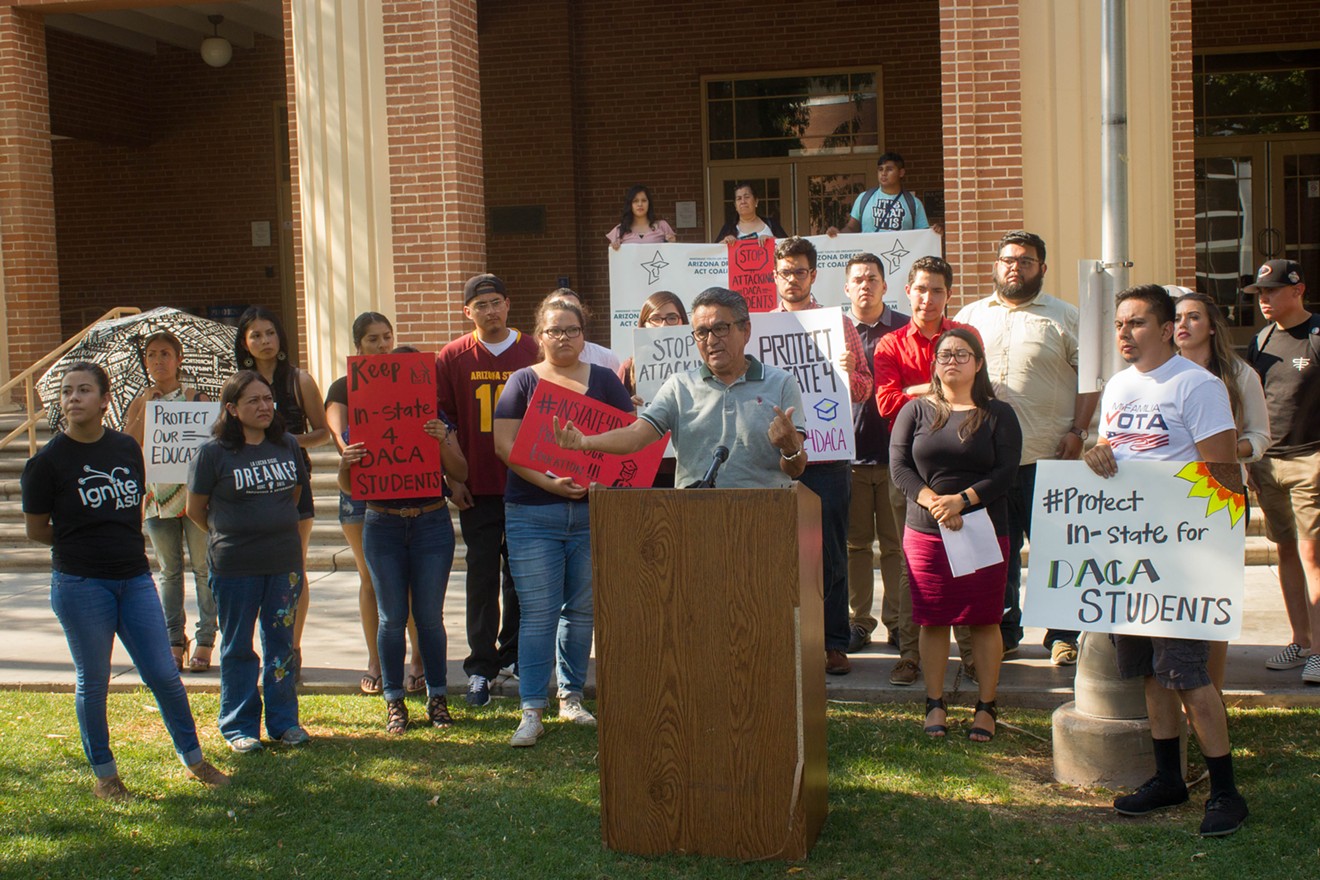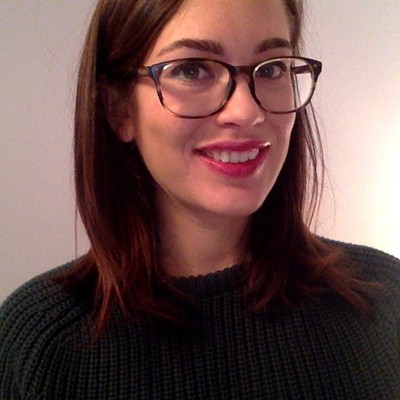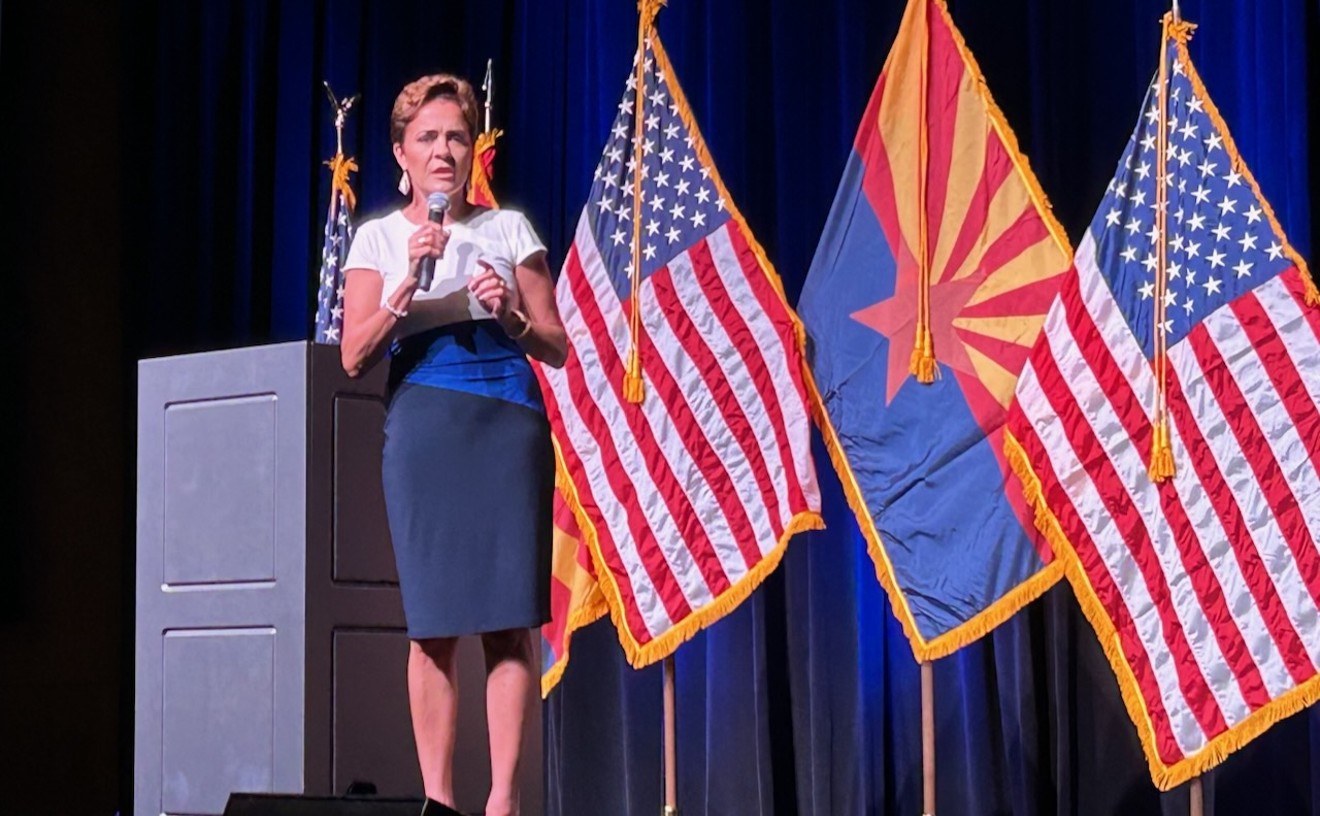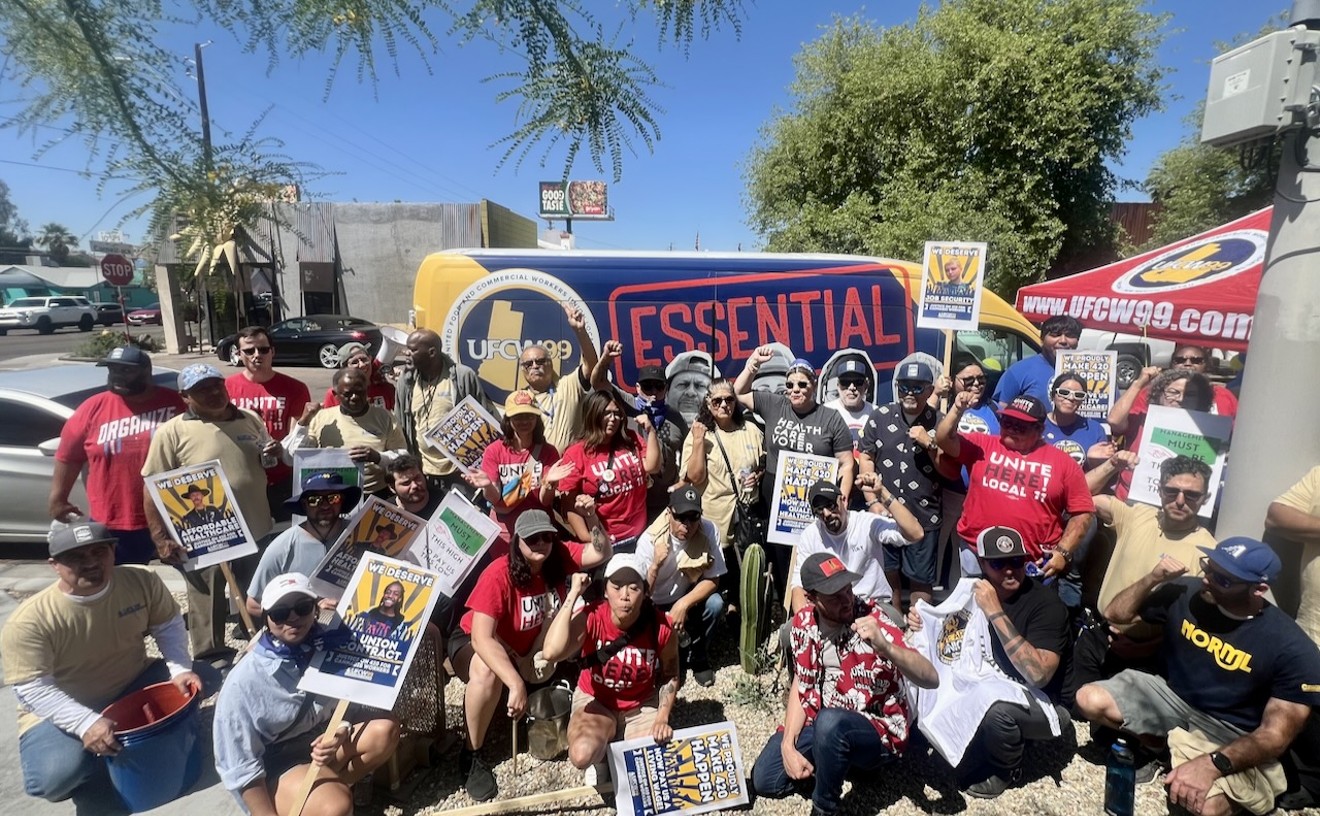Because his parents had brought him to the U.S. from Mexico when he was 5, he couldn't legally go to work. And since Arizona had passed Proposition 300 the year before, barring undocumented students from paying in-state tuition, he couldn't afford to go to college, either.
For several years, he worked odd jobs that would pay him under the table — at a scrapyard, in a pizzeria, and as a process server delivering court documents.
"I was just not really getting anywhere with my life," he recalled Tuesday afternoon. "I was stuck."
Then, in 2012, former president Barack Obama signed the Deferred Action for Childhood Arrivals program into existence, making it possible for him to get legal status.
"After DACA, my life changed completely," Martinez said. In 2015, Maricopa County Superior Court Judge Arthur Anderson ruled that DACA recipients were legally present in the United States and therefore eligible for in-state tuition. Suddenly, a college degree became much more attainable.
Martinez had saved up enough money to start taking classes at Phoenix College by that point. Then, he transferred to Arizona State University, where he's now a rising senior studying journalism and mass communication.
After graduation, he hopes to work in a communications role for a nonprofit organization before returning to school to get a law degree. Ultimately, his goal is to become an immigration lawyer.
On Tuesday, though, he got some news that called his plans for the immediate future into question: The Arizona Court of Appeals overturned the 2015 court decision and ruled that DACA students didn't qualify for in-state tuition after all.
"Congress has not defined DACA recipients as 'legally present' for purposes of eligibility for in-state tuition," Judge Kenton B. Jones wrote.
If the ruling goes into effect by next fall, the difference in price will force Martinez to switch from full-time to part-time enrollment. He won't be able to finish his degree by the spring 2018 like he'd planned.
Out-of-state tuition at ASU costs close to $26,500 a year — nearly triple what in-state students pay. Similarly, the Maricopa County Community College District charges out-of-state students close to three times more, per credit hour.
Up until a few years ago, it wasn't uncommon for undocumented students to take upward of a decade to get through college, since they could only afford to take one class at a time.
Those students often spent 12 years in local public schools, only to find out that because their parents had crossed the border when they were kids, they'd have to pay several times as much tuition as the rest of their classmates if they wanted to attend college. (DACA recipients are not eligible for federal financial aid.)
The recent appeals court decision threatens to bring Arizona back to those bad old days.
On Tuesday afternoon, numerous DACA recipients gathered outside the library at Phoenix College, even though the temperature was nearing 120 degrees."We have been brave before and we will be brave again and again." - On court overruling In-State Tuition #InState4DACA pic.twitter.com/CopdKOHEee
— ONE Arizona (@OneArizona) June 20, 2017
"It took me three years after receiving DACA to be able to pay for my education," Ezequiel Santos, who attends Mesa Community College, said. "It's been the best time of my life, being able to actually be in school."
Several said they'd keep fighting for in-state tuition, although it's not yet clear what form that fight is going to take.
"There's a lot of options available," attorney Daniel Ortega, who represents the two DACA students named in the court case, explained.
One possibility is to appeal the decision and ask the Supreme Court of Arizona to review the case.
The Maricopa County Community College District Board, which is the defendant in the lawsuit, will meet next week to decide whether they want to pursue an appeal, Ortega said.
Two DACA recipients, Abel Badillo and Bibiana Vasquez, are also named in the lawsuit.
"Clearly, the Maricopa County Community Colleges' decision is going to have a large bearing on whether the students go forward also," Ortega said.Our battle started in 06' with prop 300, today we will continue to fight and protect each other. #Instate4DACA #DACA #Az pic.twitter.com/FOhKffBbnj
— Aliento (@AlientoAZ) June 20, 2017
In a statement issued by the Arizona Dream Act Coalition on Tuesday afternoon, Badillo indicated that he's eager to pursue further legal action — even though he graduated from ASU in May and won't be affected personally by the latest ruling.
"I want to give other people the same opportunities I had," he wrote. "This hurts like it is happening to me all over again.”
Another option that none of the speakers referenced explicitly is the possibility of taking on Proposition 300 — the piece of legislation that got us into this situation in the first place — through the referendum process. (The fact that it passed with a 71 percent majority back in 2006 suggests that would be an uphill battle, at best.)
In the meantime, advocacy groups are encouraging students with DACA to stay enrolled in school, since it's not clear yet when the ruling will take effect, and if a Supreme Court review could put it on hold.
Edder Martinez, who recently co-founded a group called Undocumented Students for Equity at ASU, is optimistic that immigrants-rights groups will find a way to get the decision overturned.
"We remain hopeful because we've fought these battles before," he said. "And we've won."












